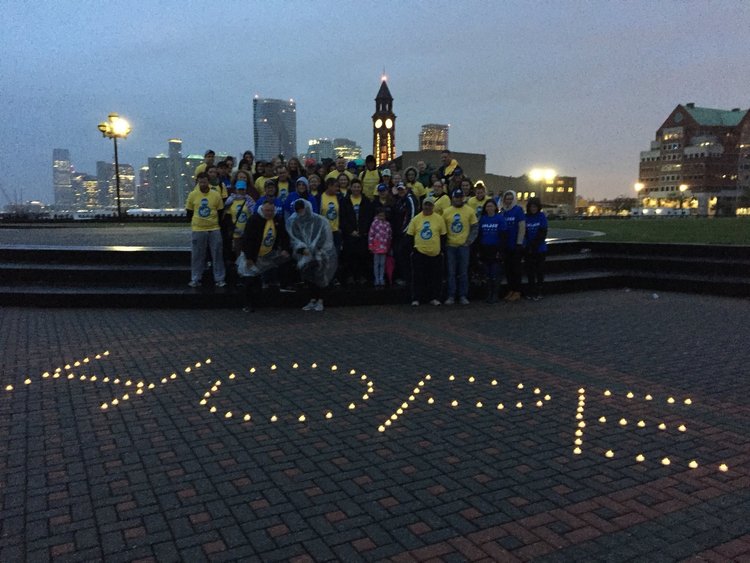By Bill Parry
Astoria’s Greek community is holding its collective breath and will be glued to the news and social media for the second straight Sunday as it waits to see what happens next in Greece’s financial crisis.
Leaders requested a three-year loan from the eurozone’s bailout fund Wednesday and will find out Sunday the decision of European leaders at a summit on the country’s economic future.
This follows last Sunday’s surprise result of its first national referendum in 41 years. Greeks voted “no” by more than 61 percent to 38 percent, in support of Prime Minister Alexis Tsipras’s stand against its European creditors’ austerity demands, putting the nation’s banks at risk of collapse and paving the way for Greece’s potential exit from the European monetary union.
“You know how many prayers I did for the ‘no’ vote?” Astoria resident Paula Douralas asked. “It’s not that we think we should not repay them; we want the euro, we want to be in Europe. You just can’t squeeze the people at the neck.”
Douralas said people are starving and cannot find jobs and thousands of young people have committed suicide because they had debts to pay or could not feed themselves or their families.
Greece became the first developed nation to miss a repayment deadline to the International Monetary Fund June 30, cutting its financial lifelines. If it doesn’t repay $3.8 billion in debt to the European Central Bank on July 20, which would require bailout loans, liquidity support will end and the euros will run out.
The leaders of Germany and France met Monday in Paris to strategize. German Chancellor Angela Merkel wants Greece to repay its loans or be cut off from more lending while French President François Hollande supports debt relief as part of a new bailout.
“In 1953 we voted for Germany to cut the expenses from what they borrowed, but why won’t Germany do the same,” Greek Superstore owner Theodor Xenos said. “We did the right thing for them, why don’t they do the right thing for us?”
Leaders from the other 18 member nations will discuss what will happen next at a summit in Brussels Tuesday. If Greece is forced out of the eurozone, it would be forced to print its own currency, something that would unleash inflation, destroy institutions and bring poverty, some experts warn.
The rebuke of European creditors by Greek voters comes after a six-year depression in which Greece’s real GDP dropped 26 percent, according to The New York Times.
“If you have somebody in your house for five years telling you what to do and nothing happens, are you going to keep him?” Xenos asked. “So we don’t want the European Union anymore. The EU doesn’t know what to do.”
Greece’s outspoken finance minister, Yanis Varoufakis, hailed the vote as “a unique moment when a small European nation rose up against debt bondage” before abruptly resigning Monday, saying his absence would be “helpful” in further negotiations on debt restructure and less austerity.
“That might be a very good thing because no one wanted to talk to him,” Athanios Aronis, a vice president at the Hellenic Federation of Greater New York, said. “A lot of things have happened since the referendum that not many expected. For instance, all the political parties got together to show a united front. I think they might be going in the right direction with a united front. Too bad that didn’t happen earlier.”
Aronis was cautiously optimistic following last week’s fiasco in Athens Square Park in Astoria during a non-political rally to support Greece and its people. Aronis was disheartened to see “extreme elements” tear down a banner simply because it didn’t have the word “no” in it.
“Maybe a 62 percent victory was a good wakeup call for everyone involved,” he said. “We’ll have to wait and see. I don’t think anyone knows what will happen with the fate of Greece.”
Reach reporter Bill Parry by e-mail at bparr

































